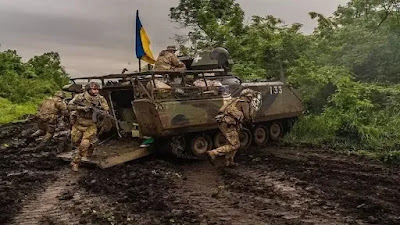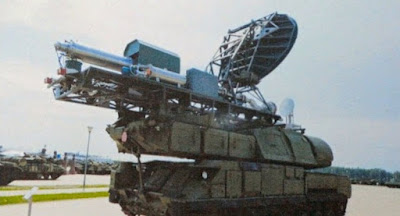In response to questions about Russian sabotage or recon teams temporarily entering Pokrovsk, it appears they have made 5 or 6 forays, all with the same result: "They plant a flag, take a video - and are then eliminated by Ukrainian forces. JL
Hromadske reports:
Russian forces are not making significant advances on the front lines. There are no major Russian breakthroughs, though they continue to attempt them. Understanding they face strong resistance, Russians are focusing more on military-information operations. "Russian sabotage and reconnaissance groups have entered Pokrovsk 5–7 times. They attempt to record videos, plant a flag, film something… and are eliminated by our defenders. There is Russian pressure everywhere—Pokrovsk, Kharkiv, and Kupyansk axes. Our guys are holding their ground."

























